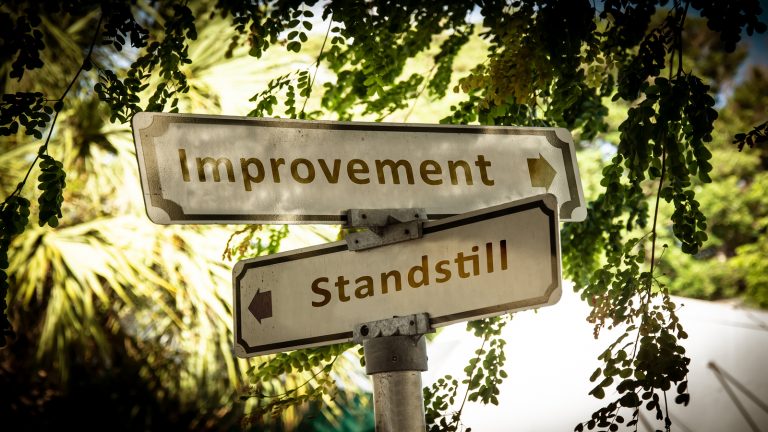If you’re hoping to buy a home soon, or eventually, then your credit score is of great importance to you. Credit scores influence the amount of money you’re able to borrow and what interest rates lenders are comfortable extending to you.
With that in mind, improving your credit score is something you can profit from putting attention towards. So how does one improve their credit score?
Here are some tasks you should complete to improve your credit score before embarking on home buying:
Check Your Credit Reports
Your credit reports legally have to be provided to you for free once annually by each credit reporting agency. This is so that you can check them for accuracy and have any wrong information removed.
Equifax, Experian, and TransUnion are the three credit reporting agencies. Each of their reports will be full of personal information about you and your financial history, but will not include a credit score.
By correcting the information in your credit reports, you can eliminate marks against you, remove wrong addresses, have old information removed, and otherwise filter out what doesn’t benefit you. If there is any wrong information, editing this will raise your score.
On-Time Payments
This surely comes as no surprise, but creditors care about whether you pay your debts on time. It’s widely considered the most important feature of your credit behavior.
The best fixes for on-time payment rates that don’t impress are to have late payments removed from your credit report and to autopay bills moving forward. If you don’t opt for auto-pay, then make payments every 2 weeks, or do whatever else it takes to eliminate late and missed payments in the future.
The more time that passes since your last late payment, the better. Which means it’s never too soon no start working on raising your credit score.
Nurture Your Credit Age
Maintaining accounts for years or decades reflects well on you. Even accounts you’re not using help you look responsible, because they show your years of experience successfully managing credit. Successfully in this context means without your account being closed by the lender for non-payment and without you choosing to close your account as a substitute for self control.
To increase your credit age, simply nurture and maintain all your accounts. Don’t close accounts, and don’t give creditors reason to close accounts for you.
Credit Utilization
Credit Utilization is the name for the percentage of debt you are using out of the total credit available to you. The lower your credit utilization, the better.
How does one improve their credit utilization? There are 2 important ways, and you can work on them both at the same time. One is to reduce debts, and the other is to gain available credit.
You can stop spending on credit accounts and focus on paying them down, or just be sure to pay more than you spend on each statement. Then call the creditors you already have and ask to have your credit lines extended. If that’s not fruitful, you can also open new credit lines. The damage an inquiry for a new credit line does to your credit report is temporary, while the benefits to your credit utilization are long term.
Whether you’re ready to buy a home now or planning for future home buying, attention to your credit score is important. For guidance on preparing for home buying, contant Karen Douglas, the Mortgage Genie today.


